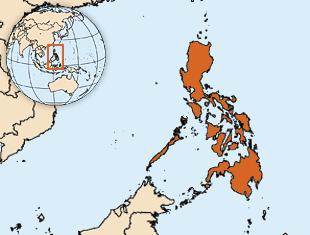
- Posted on:
- Related Parties: Philippines
Due to a reform of taxes on tobacco and alcohol products passed in 2012, the Philippines have been able to significantly increase their health budget, allowing them to improve the reach of the country's Universal Health Care Program. Within four years, the coverage increased from 74% to 82%.
The so-called sin tax applies to all alcohol and tobacco products and serves a twofold purpose:
Firstly, it reduces affordability, even though tobacco prices are still low in the Philippines and illicit trade is widespread. The Philippine Department of Health estimates that a 10% increase in tobacco taxes can reduce the current number of 17.3 million tobacco consumers by up to 2 million until 2016.
Secondly, the tax creates additional revenues for the Government, which are earmarked for health purposes on the one hand and alternative livelihood programmes targeted at tobacco farmers on the other hand.
The new approaches used during the tax reform are aligned with the requirements of Article 6 of the WHO FCTC and the related guidelines that were recently adopted by the Conference of the Parties.
In the Philippines, smoking prevalence and average consumption are high compared to other countries in the region; consequently the country is facing major health challenges. Statistics from the Department of Health show that 10 Filipinos die every hour due to smoking-related diseases.
Find further information at:
